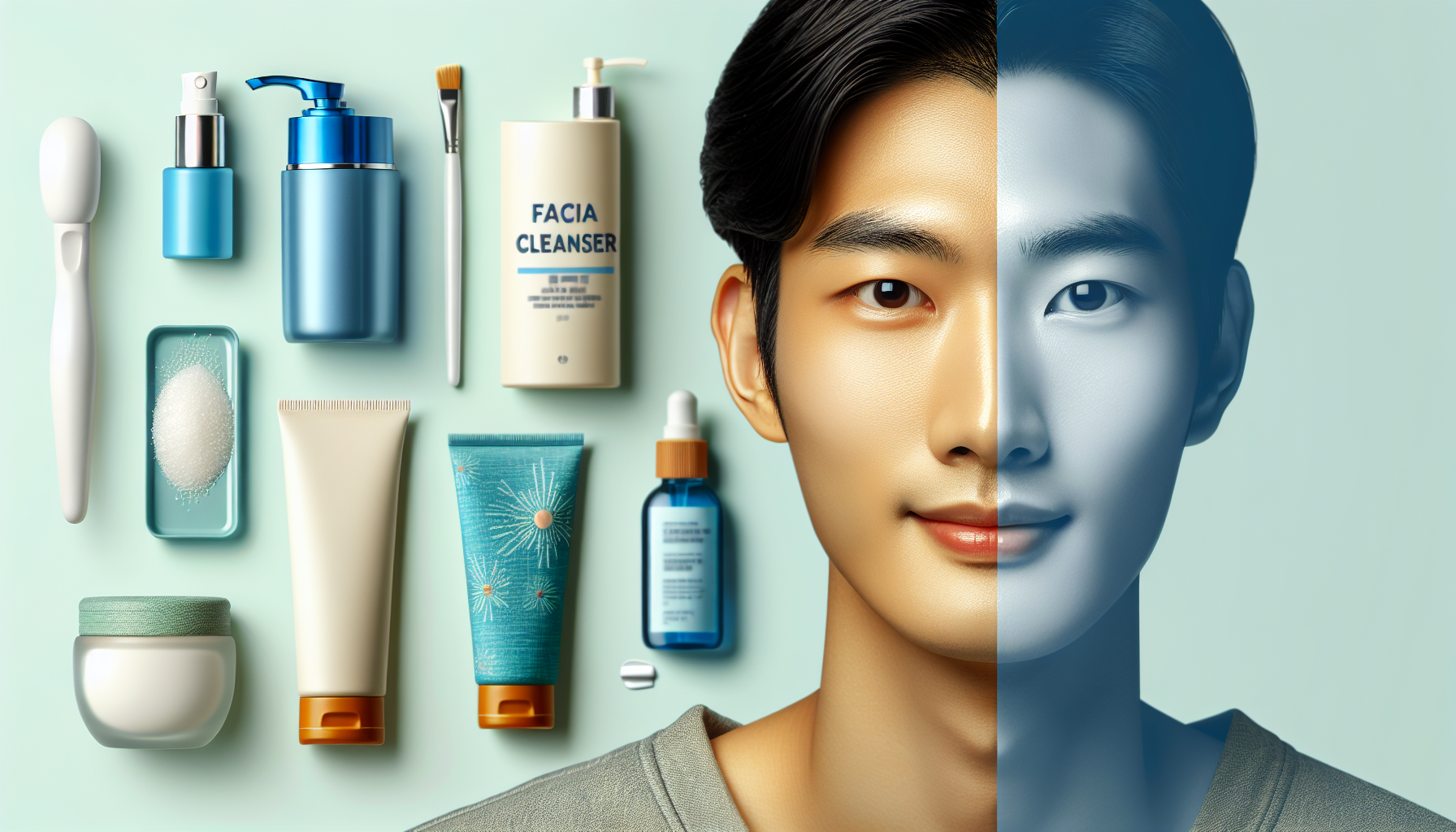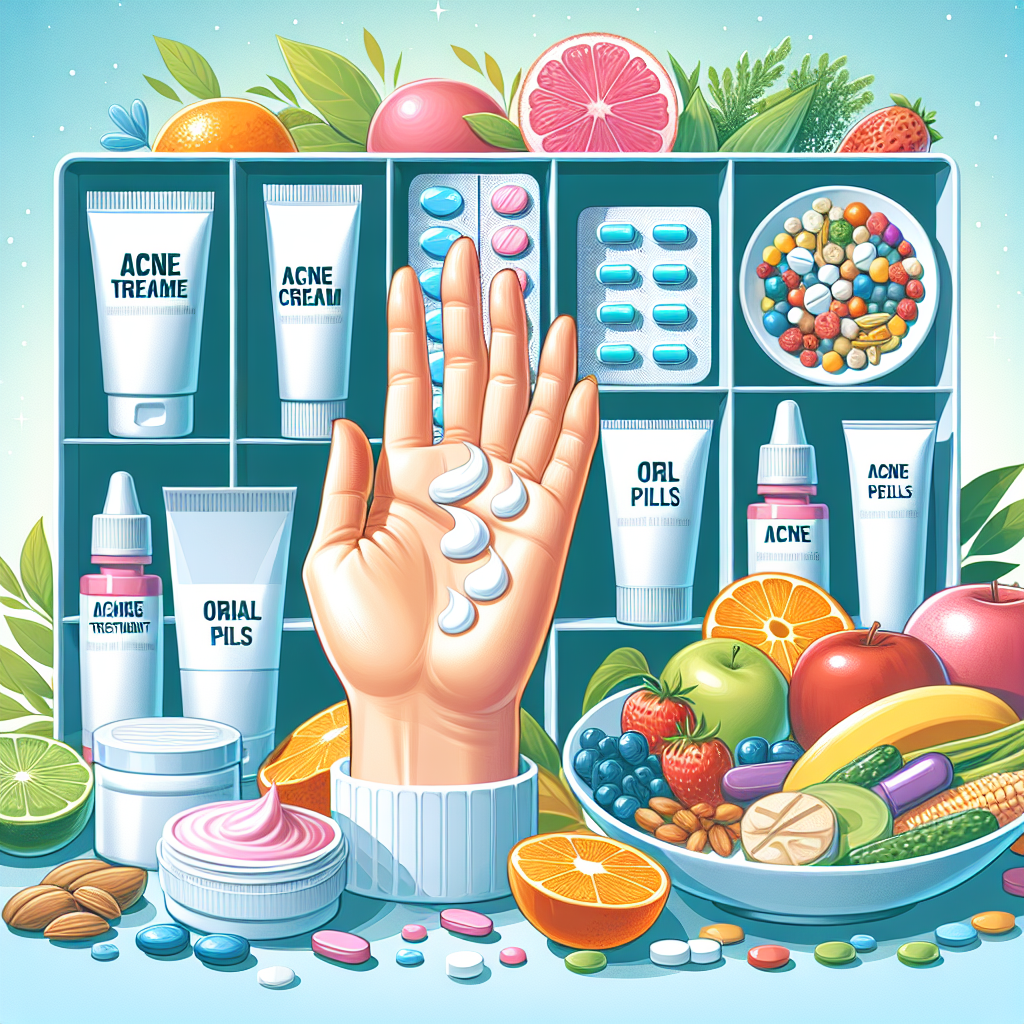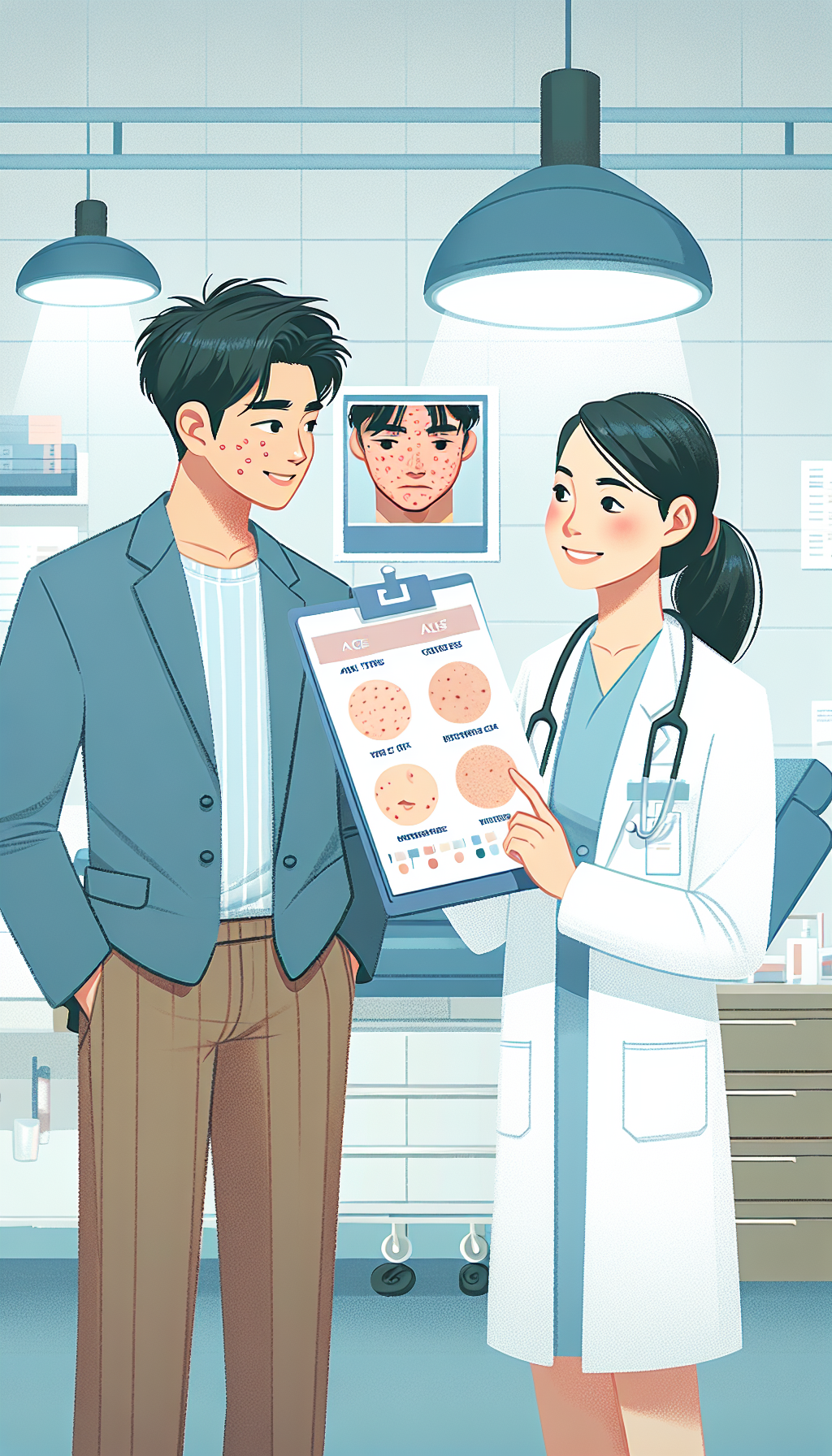Acne is a common skin condition that affects individuals of all ages, often causing distress and impacting self-esteem. Understanding the intricacies of acne treatment and prevention requires a multifaceted approach that encompasses skincare, lifestyle adjustments, and sometimes medical interventions. This comprehensive guide is designed to provide you with the knowledge necessary to manage acne effectively and maintain a healthy complexion.
Understanding Acne and Its Causes
Acne occurs when hair follicles become clogged with oil and dead skin cells. This can lead to the formation of pimples, blackheads, whiteheads, and sometimes more severe forms like cysts and nodules. Factors contributing to acne development include hormonal changes, diet, stress, and genetics.
Hormones play a pivotal role, especially during puberty, pregnancy, and menstrual cycles. Androgens, which increase during adolescence, can cause the sebaceous glands to enlarge and produce more sebum, thereby leading to acne. For comprehensive insights into how hormonal imbalances affect the skin, consider reading "Understanding the Effects of Hormonal Imbalances on Skin."
Stress is another significant factor that can exacerbate acne. It can impair the skin barrier function, making the skin more susceptible to acne-causing bacteria. For more information on this relationship and coping strategies, "How Stress Affects Skin Barrier Function and What to Do About It" is an essential read.
Acne Treatment Options
Acne treatment is tailored to the severity and type of acne. Mild cases might respond well to over-the-counter (OTC) products containing ingredients like benzoyl peroxide or salicylic acid. For moderate to severe acne, prescription medications such as retinoids, antibiotics, or hormonal therapies may be necessary.
Topical Treatments
Topical treatments are applied directly to the skin and are effective for mild to moderate acne. They help reduce oil production, promote skin cell turnover, and fight bacterial infection. Retinoids, a derivative of vitamin A, are a cornerstone of acne treatment, helping to unclog pores and prevent new lesions from forming.
Oral Medications
Oral medications are used for more severe acne or when topical treatments fail to yield results. Oral antibiotics can reduce bacteria and inflammation. However, antibiotic resistance is a growing concern, making it necessary to use these judiciously. Hormonal therapies, such as birth control pills and anti-androgen agents, can be especially effective for women experiencing acne related to hormonal fluctuations.
Therapeutic Procedures
In-office procedures, including chemical peels, laser therapy, and microdermabrasion, can be beneficial for acne and post-acne scarring. These procedures should be performed by qualified dermatologists to ensure safety and effectiveness.
Preventive Measures and Lifestyle Modifications
Prevention is a critical component of managing acne. Here are practical steps to reduce the risk or severity of acne breakouts:
- Maintain a consistent skincare regimen using non-comedogenic products.
- Avoid harsh scrubbing, which can irritate the skin and exacerbate acne.
- Choose makeup and hair care products that are oil-free and labeled as "non-acnegenic" or "non-comedogenic."
- Wash your face gently twice a day and after sweating.
- Refrain from picking or squeezing pimples to prevent scarring and infection.
- Manage stress through techniques such as exercise, meditation, and adequate sleep.
Regarding diet, while the link between food and acne is still under investigation, some studies suggest that certain foods might influence acne. Foods with a high glycemic index and dairy products may trigger or worsen acne in some individuals. For personalized dietary advice, consider consulting with a nutritionist or healthcare provider.
The Role of Skincare Products in Acne Management
Selecting the right skincare products is vital in acne treatment. Products containing benzoyl peroxide, salicylic acid, and sulfur can help manage mild acne. For those with sensitive skin, seeking out gentle formulations is key.
Vitamin C is also touted for its skin benefits, including its role in promoting collagen production and reducing inflammation. Discover more about this potent antioxidant in "The Benefits of Vitamin C in Skin Care."
Furthermore, the importance of moisturizing cannot be overstated, even for acne-prone skin. A suitable non-comedogenic moisturizer can hydrate the skin without clogging pores. "How to Choose the Right Moisturizer for Your Skin Type" offers guidance on selecting a moisturizer compatible with acne-prone skin.
Seeking Professional Help
When self-care and OTC treatments are not enough, it may be time to see a dermatologist. A dermatologist can provide tailored treatment plans, prescribe medication, and perform procedures that might not be available OTC.
For those interested in exploring the latest dermatological advancements, resources like the American Academy of Dermatology (AAD) offer up-to-date research and guidelines for acne management.
Conclusion
Acne is a complex condition, but with the right knowledge and resources, it can be effectively managed and even prevented. Always consider consulting with healthcare professionals to develop a personalized acne treatment plan.
Remember, maintaining overall skin health is not just about treating acne—it’s about adopting a holistic approach that includes proper nutrition, stress management, and skincare. By staying informed and proactive, you can achieve clearer, healthier skin.
In conclusion, while acne can be challenging, understanding its causes, exploring various treatment options, and making informed lifestyle changes can lead to significant improvements in skin health. For those struggling with acne, remember that you’re not alone, and help is available. Through persistence and the right strategies, clearer skin can be within reach.



